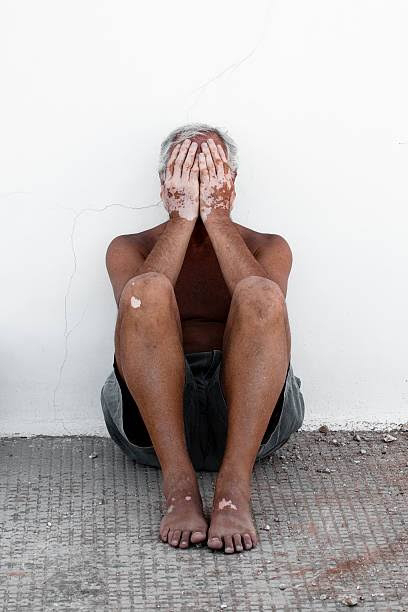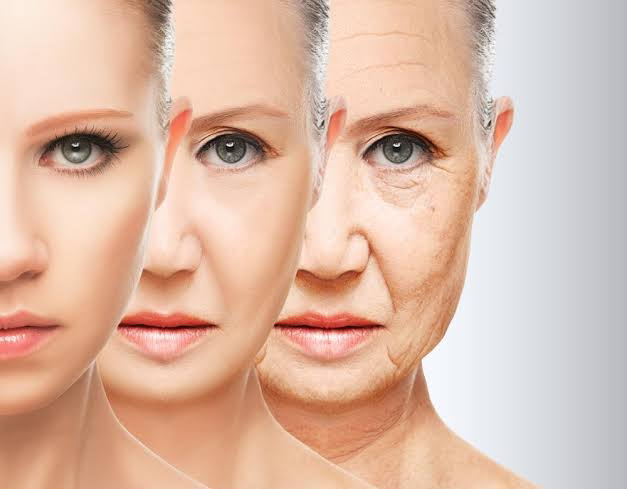Mental Health issues in Vitiligo
Vitiligo Depression
Vitiligo is a skin disorder in which skin patches lose pigment and develop light colour patches on the skin. This is chronic autoimmune disorder that can affect either small area or whole body. In this the skin cells responsible of making pigment that is melanocytes skin cells are attacked and destroyed by body’s own healthy tissues by mistake.
Vitiligo is not contagious in nature that means it cannot spread from one person to other through physical touch, sharing food or sexual activity.
Though it is not communicable still it is treated as curse in our society, which impacts mental health of person with vitiligo.
Conditions like low self-esteem, anxiety, depression are really common in vitiligo patients.
Vitiligo patient fights a daily battle with themselves, feeling of being different and not accepted as normal in the society may tear them down emotionally and make them feel low about their body. Therefore, coping up with vitiligo related depression and anxiety can be challenging.
This problem
may occur in any age group but teenage is most vulnerable phase which makes
them self-conscious, having troubled peer relationship and reduced
socialization which in turn affect adulthood. Depression and anxiety are most
common issues experienced not only by person suffering from vitiligo but also
their family members.
So, its important
to identify early signs of depression and anxiety to provide timely treatment,
some of these signs are:
·
Significant change in mood,
irritating nature, restlessness, worry.
·
Poor sleeping habits.
·
Not being part of social activities.
·
Self-criticizing comments
·
Physically harming themselves.
·
Suicidal thoughts
·
Hopelessness.
·
Feeling sad and lonely.
These situations
may be difficult to handle, but thankfully there are number of ways today to
treat depression and anxiety in person with vitiligo. Some of them are:
·
There are number of medications
available to treat depression and anxiety, like antidepressants and anxiolytics
respectively.
·
Psychotherapy is also affective way
to manage the symptoms, these include Acceptance and commitment therapy (ACT).
·
For children its advisable for
parents to establish a healthy environment at home, they should control their
own reactions and help child to openly communicate with them.
·
Talking with children about their feelings
and issues they face.
·
Parents should educate them about
self-acceptance, self-love and self-esteem.
·
Taking treatment timely and seriously,
depression in not mental sickness this can be treated.





Comments
Post a Comment